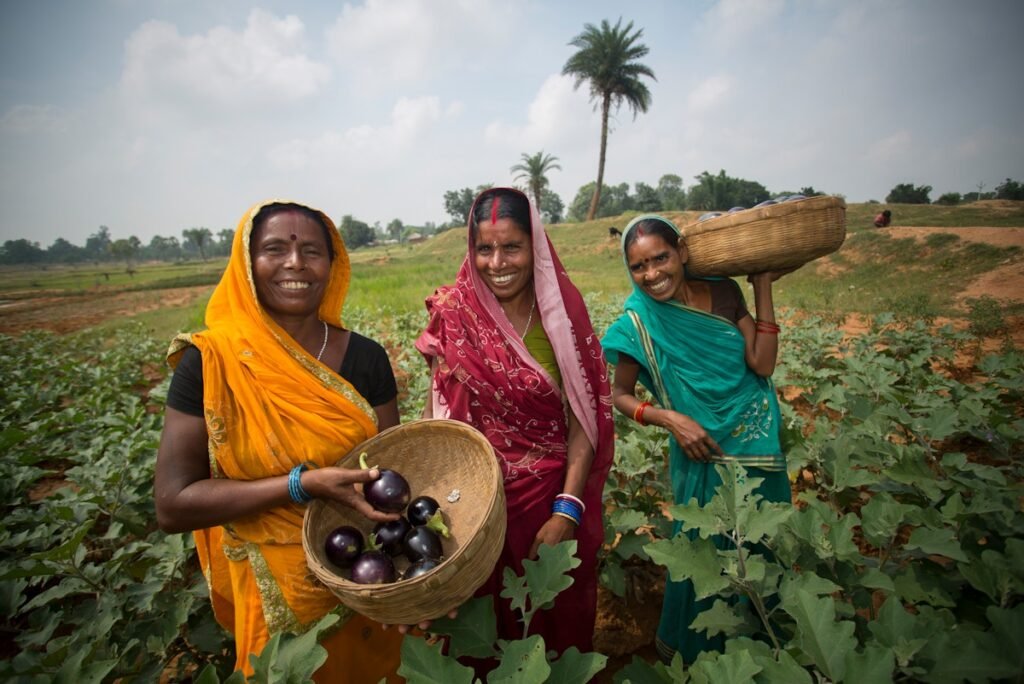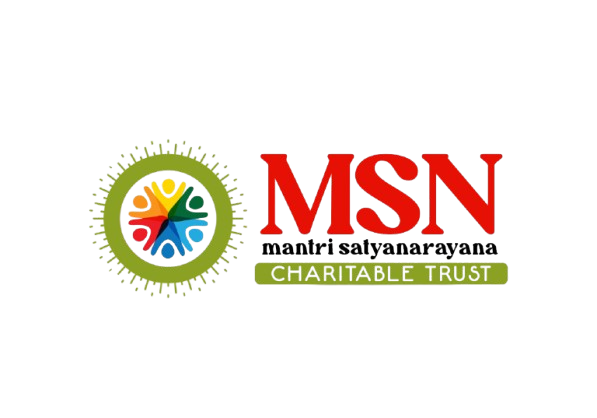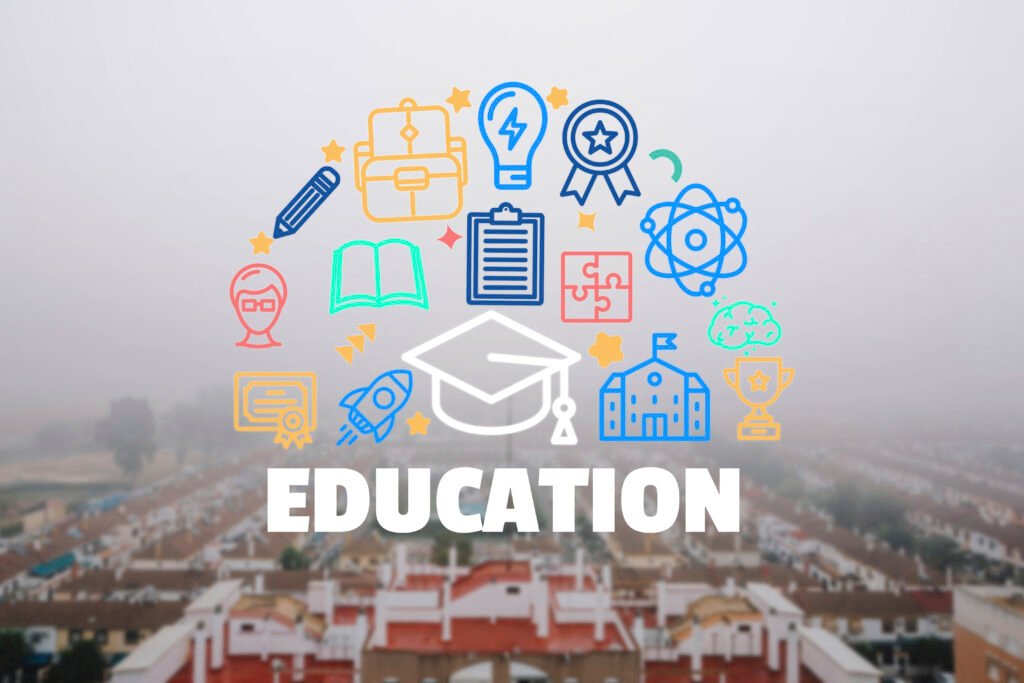
Education
MSN aspires to address the
academic need of every child. In addition to paying their fees and providing
school supplies, we assess each child individually to identify core strengths
and build independent study skills through our after-school and in-school
coaching and mentoring programs.
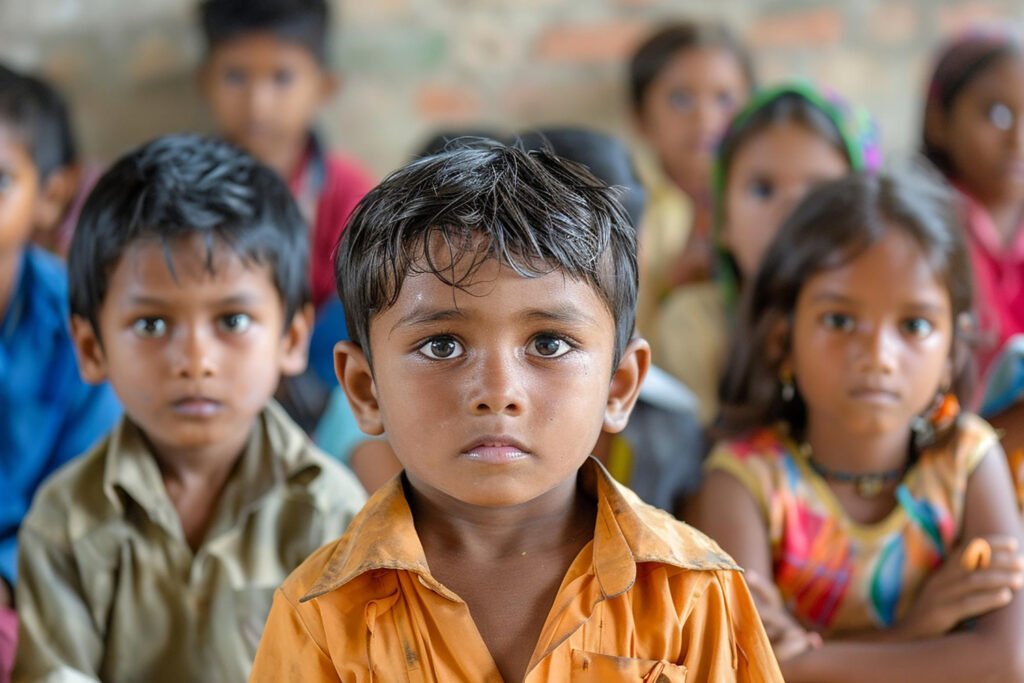

Health
MSN organises routine
health camps and vaccination drives for Typhoid, MMR and Hepatitis B. Every
child is provided with a protein mix as a dietary supplement regularly. To
assess their overall improvement, the height and weight of each child is
recorded at the beginning and end of the academic year.

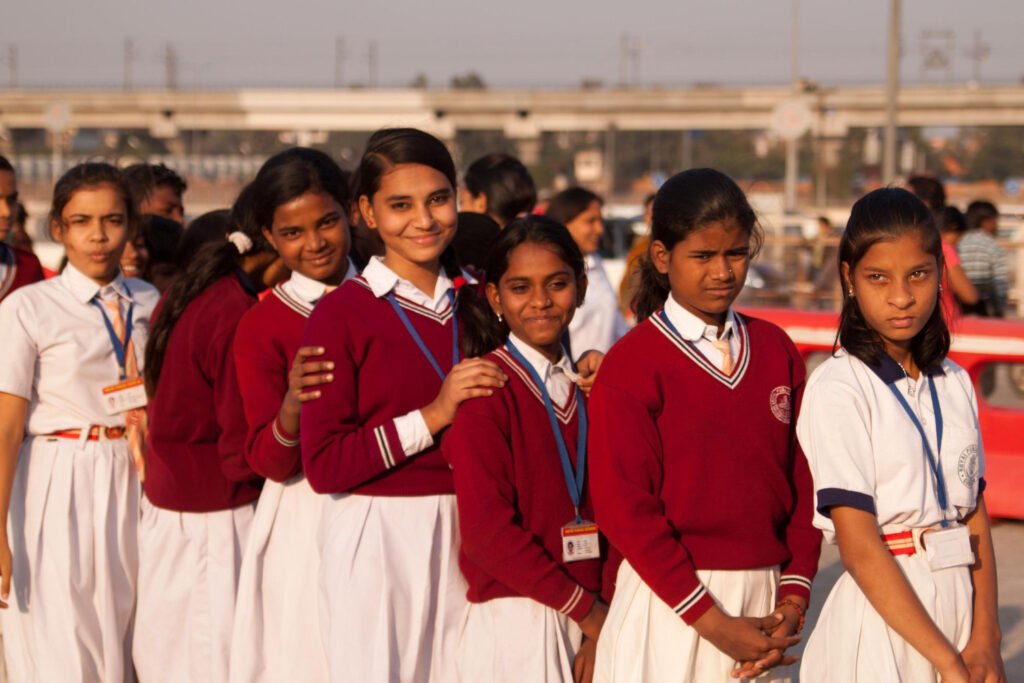
Life Skills
MSN provides life skills to
children to enable them to effectively handle the demands and challenges
commonly encountered in daily life. One on one and group counseling are also
being provided to ensure emotional well-being and positive mental health of the
children
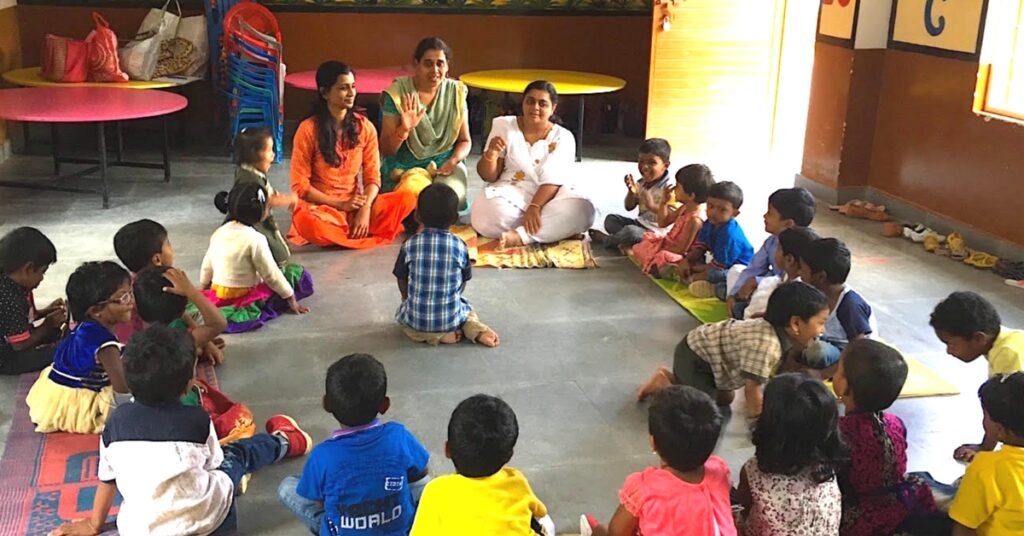

Adolescent Health
the opportunity to access
decent well-paid work and ensure future financial stability. Adolescent girls
in the project area also often lack access to information about their changing
bodies during puberty and appropriate hygiene practices, limiting their
understanding and ownership of their bodies, as well as their sense of
empowerment.
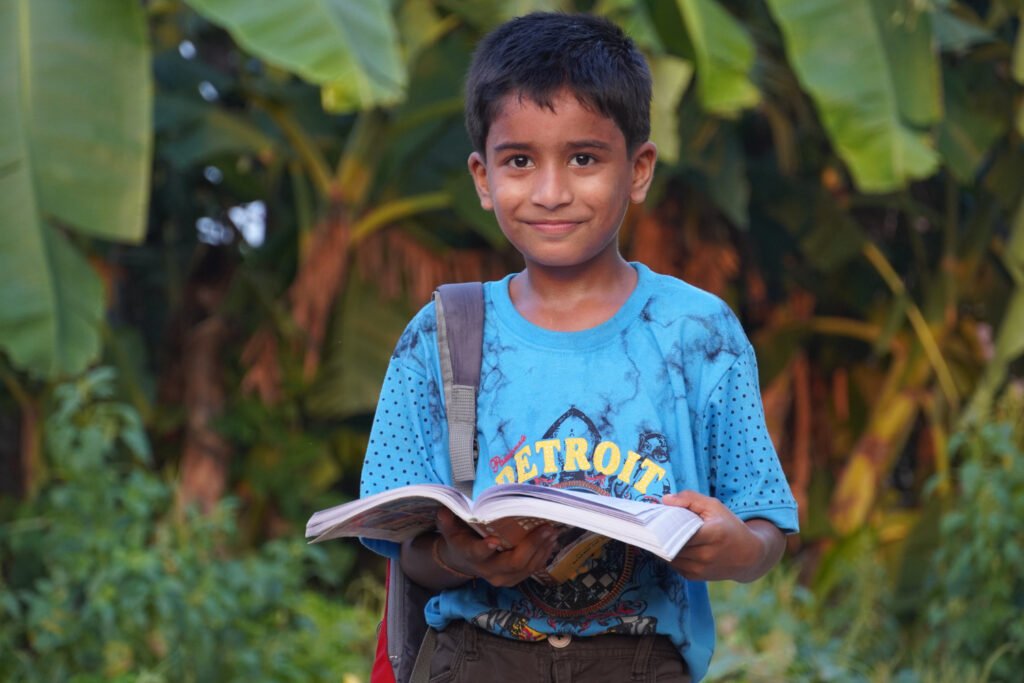

Women Empowerment
when we work towards women
empowerment, the whole society benefits. But unfortunately, in India, far from
empowering women, most are denied even their basic rights like health,
education of girls for women empowerment, employment and a respectable status in
society. Women empowerment program works towards the betterment and financial
capacity building of women from the slums and underprivileged section of the
society. These programs focus on making women financially independent and
self-reliant. Under this program different skill development trainings are
conducted and women are encouraged to apply those skills for their betterment
and livelihood. Women Empowerment program actively supports women to market
their products by organizing exhibitions, melas and awareness programmes.

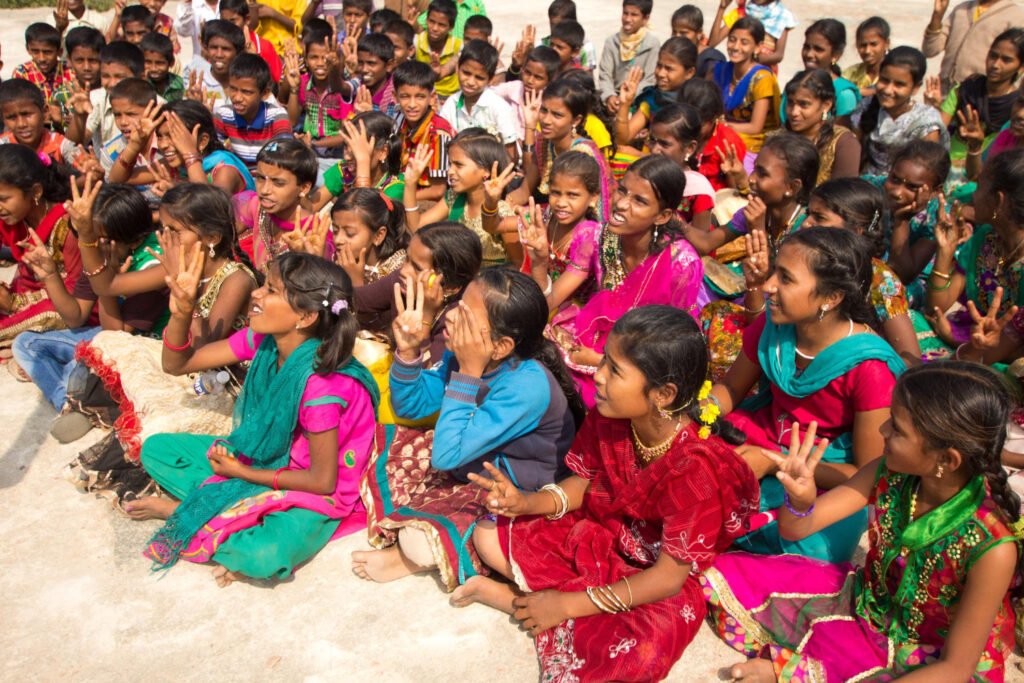
Community
Poverty and cultural
beliefs around gender are key barriers to girls’ education in India. Girls are
viewed as a financial burden to their families and are often at risk of being
taken out of school and married off early, thus increasing their vulnerability
to domestic abuse. A large number of girls are taken out of school at the end
of their primary education and are not allowed to continue into secondary
school, limiting their chances to finish their education, access decent
well-paid work and ensure future financial stability.

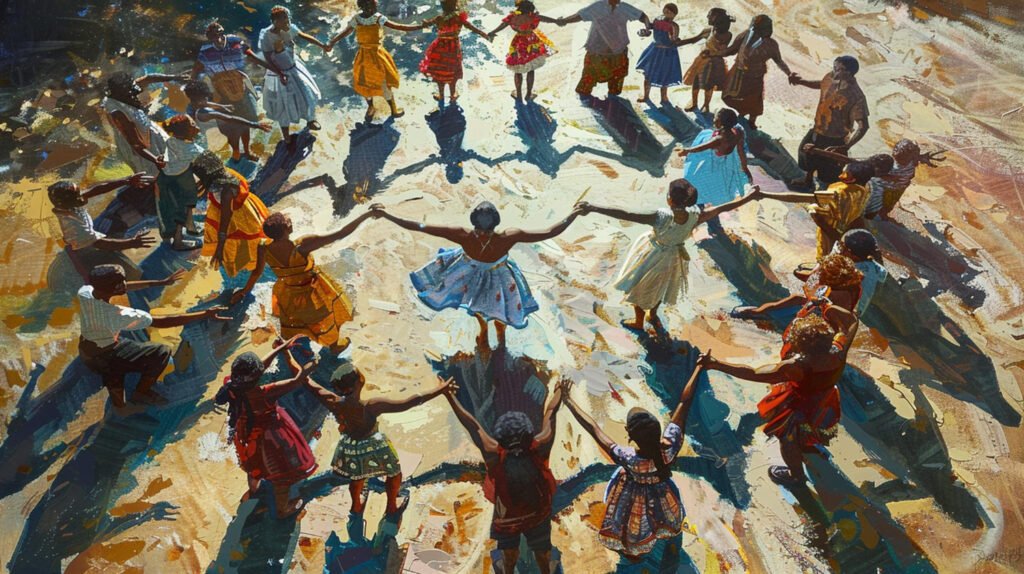
Tribal Communities
The tribal communities live
on the margins of mainstream society, close to the forests they have inhabited
for generations. They lead a hand-to-mouth existence. Most of their income
comes from collecting and selling leaves, which they make into leaf plates for
sale in the city. They also engage in manual labour, and, without financial
training, take out loans at unreasonable interest rates. This project aims to
help over 2,000 women and their families to achieve a sustainable income from
leaf collection, vegetable cultivation and the formation of self-help groups
which help them to save, lend, invest and access government entitlements.
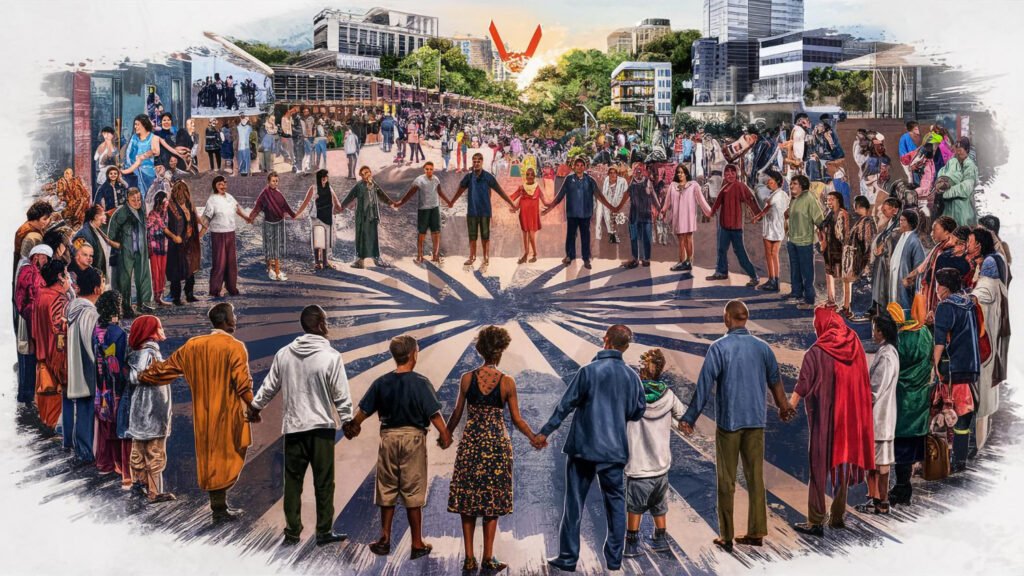
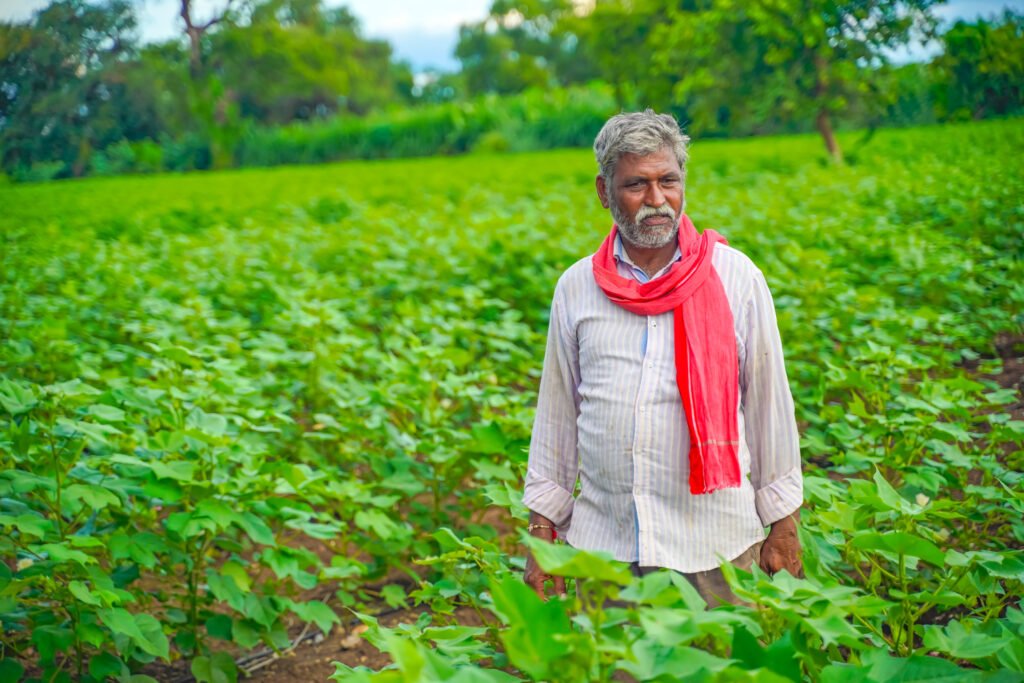
Organic Farming
The previously landless
Dalit communities were given smallholdings of land at the time of India’s
independence, but, lacking training, have never known how to use this land
effectively. Instead, they depend on local labour work and high interest loans
from moneylenders for their income. These loans are generational and charge
interest at impossible rates in order to ensure the lenders have access to free
labour as payment and, ultimately, may take the land for themselves
